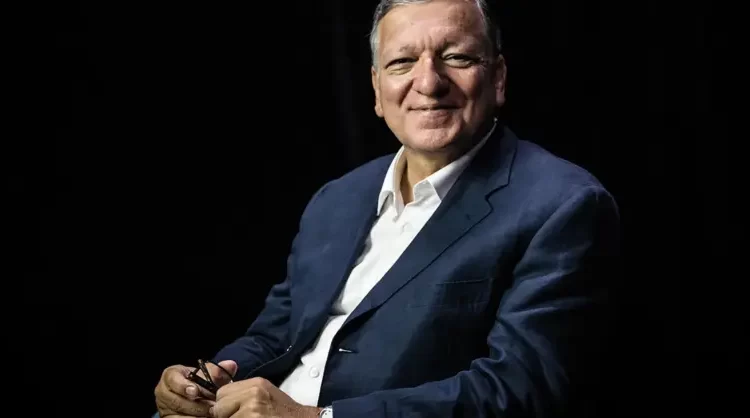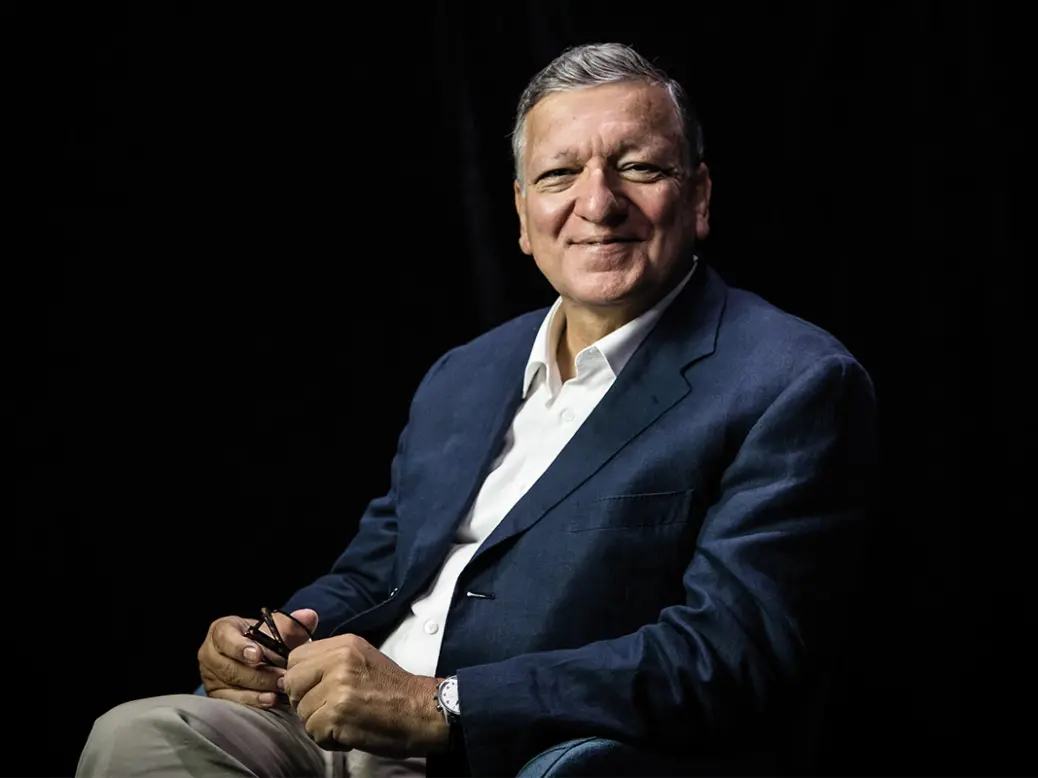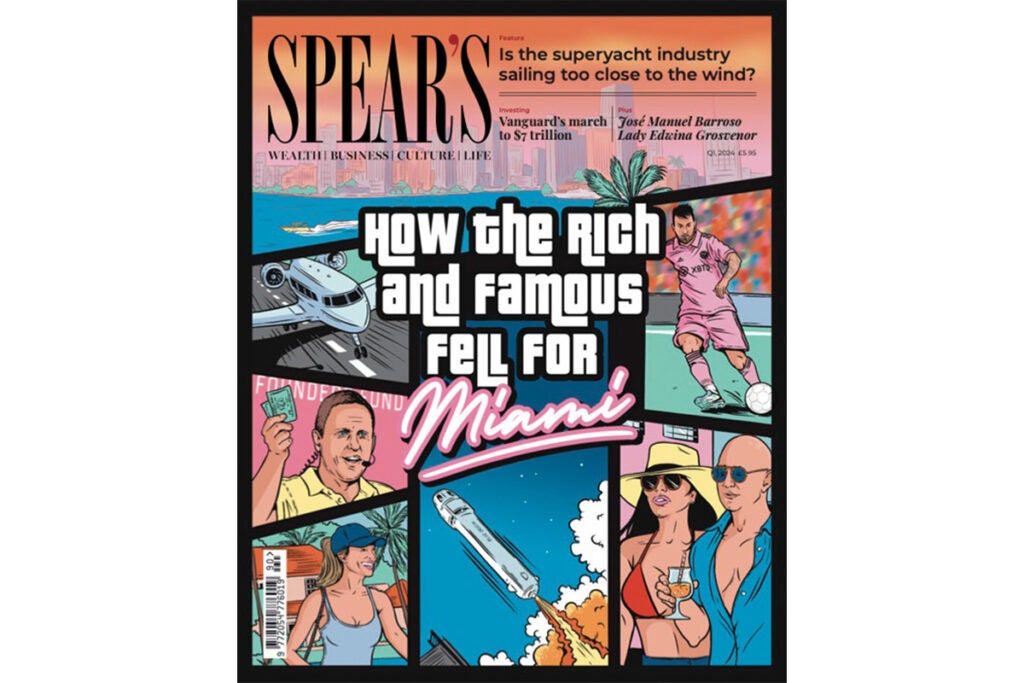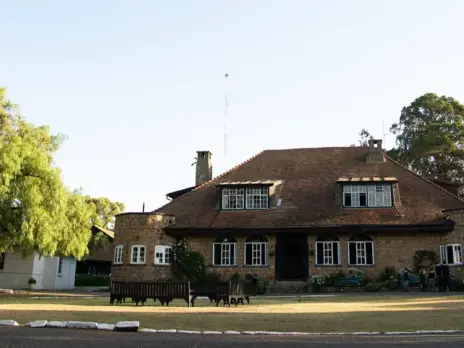

When I was a young boy, my country was not a democracy. It was a conservative authoritarian regime. The democratic revolution came in 1974, when I was 18 years old. So I was politically motivated, because I wanted Portugal to be a free, democratic country.
For my generation I think the motivation was basically freedom and democracy, and to help make our countries modern. Partially because of the European Union, Portugal became a modern country… Now people – in spite of all the difficulties – have access to culture, to science, that was unthinkable 30, 40 or 50 years ago.
Between 2016 and 2023 I was the chairman of Goldman Sachs International. What I have done is not technically ‘banking’, but it is bringing some knowledge and expertise and trying to understand the most important geopolitical developments that today are so critical for any kind of business. I think most people will agree that’s probably more important than market risk or other forms of risk.
Since January 2021, I have been chairing Gavi [a global vaccine alliance] and also co-chairing Covax [an initiative for equitable access to Covid vaccines]. It has been a very important effort – the biggest ever operational rollout of vaccines. It’s something I’m doing pro bono, and I believe it’s a great mission. Sometimes in politics we take macro decisions but you don’t immediately see the results… Here, we can see the lives saved, and that’s extremely rewarding.
Malaria, according to WHO official figures, killed 619,000 people in 2021 globally. We now have a vaccine. It’s called RTS, and has been approved for 12 countries. [Another vaccine has also been developed.] And, working in cooperation with our partners Unicef and the WHO, we are now doing it in Kenya, Ghana and Malawi.
On Gavi, we believe that every US dollar spent in immunisation brings $54 in return. I’m a strong believer in the need for convergence between the public and private sectors, and the so-called ‘not for profit’ sector. This is more important than ever now. In lots of developing countries, traditional donors are facing huge pressures on their budgets. There is enough financing in the world, and there is a great interest from corporates, but also from high-net-worth individuals to commit, to give, to show some social responsibility. And so there are immense opportunities there.
My base is London, and the UK is a country I very much like and respect. London, in spite of all the difficulties, still remains one of the most cosmopolitan cities in the world.
But as a European and Anglophile, I really regret Brexit. I believe it was not good for the UK, because in terms of global power, namely economic power, we have three main players: the United States, China and European Union. If you leave one of the most important players, you have less influence to protect your interests, and to promote your values.
The City of London and the financial sector are still important for the UK. At the same time, the EU countries are very much interested in financial stability. And so we should avoid Brexit as a factor of the insecurity in the financial system. But I know that the regulators, for instance, have a cooperative relationship. It’s certainly welcome.
As told to Rory Sachs









